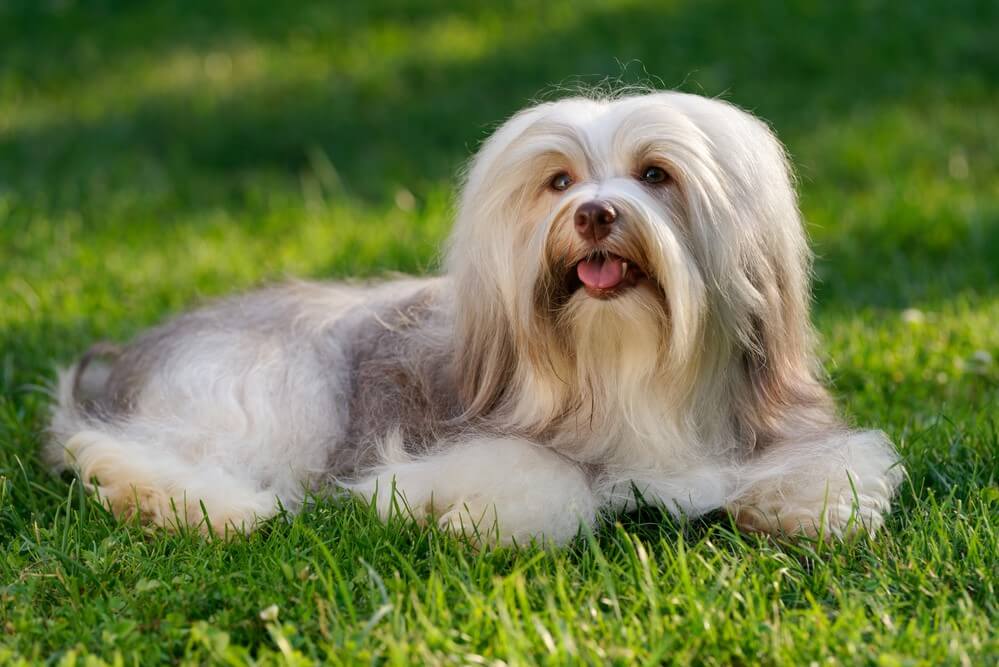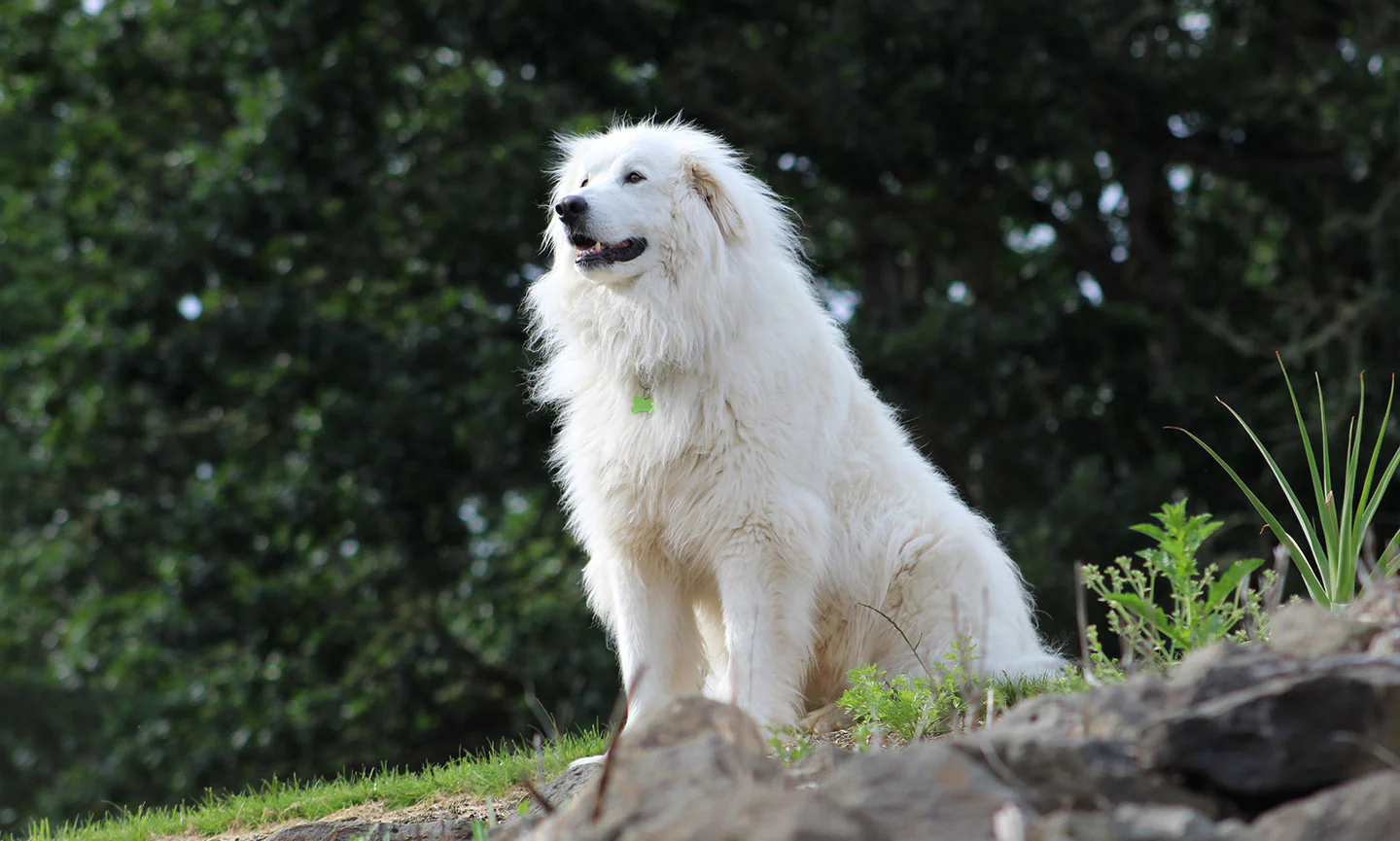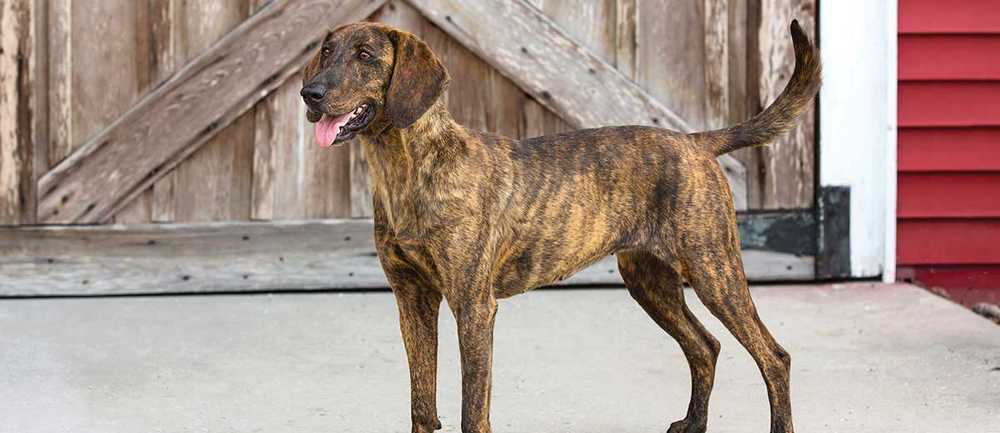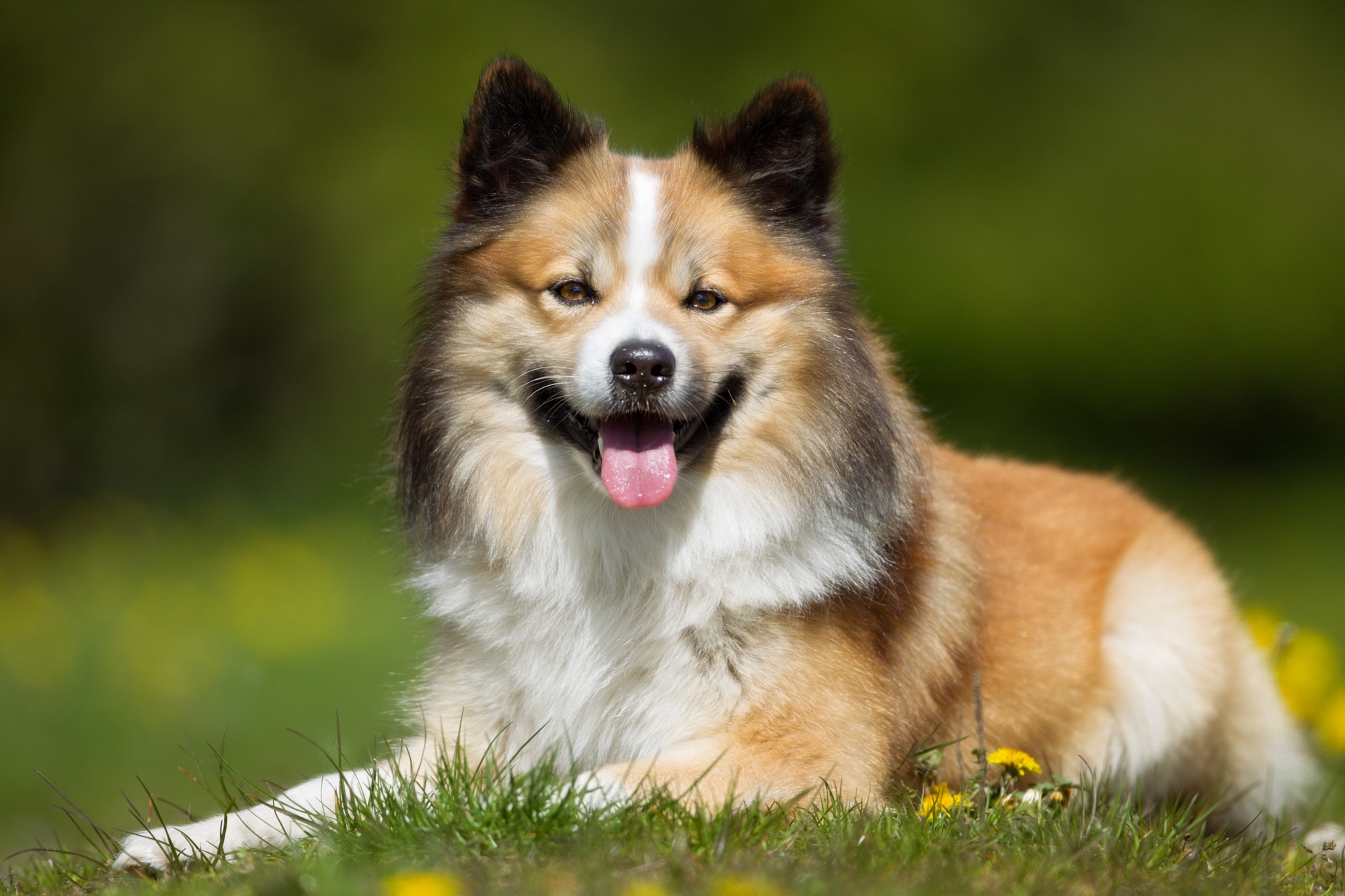Introduction
The Havanese is a small and charming breed of dog that originated in Cuba. They are known for their silky, long coats that come in a variety of colors, as well as their friendly and affectionate personalities. Havanese are intelligent, adaptable, and well-suited for apartment living. They are also social and enjoy being around people and other dogs. This breed requires regular grooming to maintain their long coats and prevent matting. With proper training and socialization, Havanese can make great family pets and excel in various dog sports such as obedience and agility.
Havanese Temperament
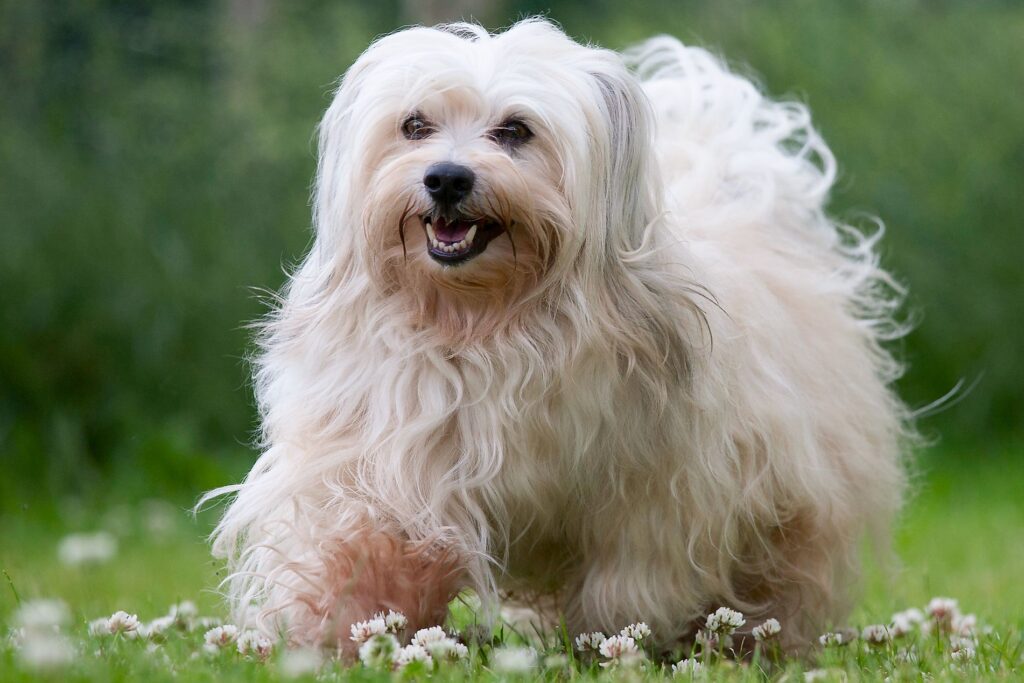
This breed is known for its affectionate and friendly personality. They are outgoing, playful, and make great family pets. Havanese dogs are intelligent and trainable, and they enjoy learning new tricks and commands. They have a strong desire to please their owners and thrive on attention and affection. These dogs are also adaptable and do well in both small apartments and larger homes. They are great with children and other pets, making them an ideal companion for families. Overall, this breed is a lovable and loyal companion that brings joy to any household.
Aggression
Havanese are generally not known for exhibiting aggressive behavior. However, like any breed, individual dogs may display aggression due to various factors such as fear, lack of socialization, or territorial instincts. Signs of aggression may include growling, barking, snapping, biting, or lunging. It is important to address any instances of aggression promptly and seek professional help from a dog trainer or behaviorist. To prevent aggressive behavior in Havanese, it is recommended to provide early socialization and training, supervise interactions with other animals and people, and create a stable and positive environment for your dog. With proper care and attention, Havanese can make wonderful, loyal companions.
Health and Lifespan
The reported lifespan range of the Havanese breed is between 14 to 16 years. However, like any breed, individual lifespan can vary depending on factors such as genetics, diet, exercise, and healthcare. Regular visits to the veterinarian and proper care can help ensure a longer and healthier life for your Havanese.
Food for Havanese
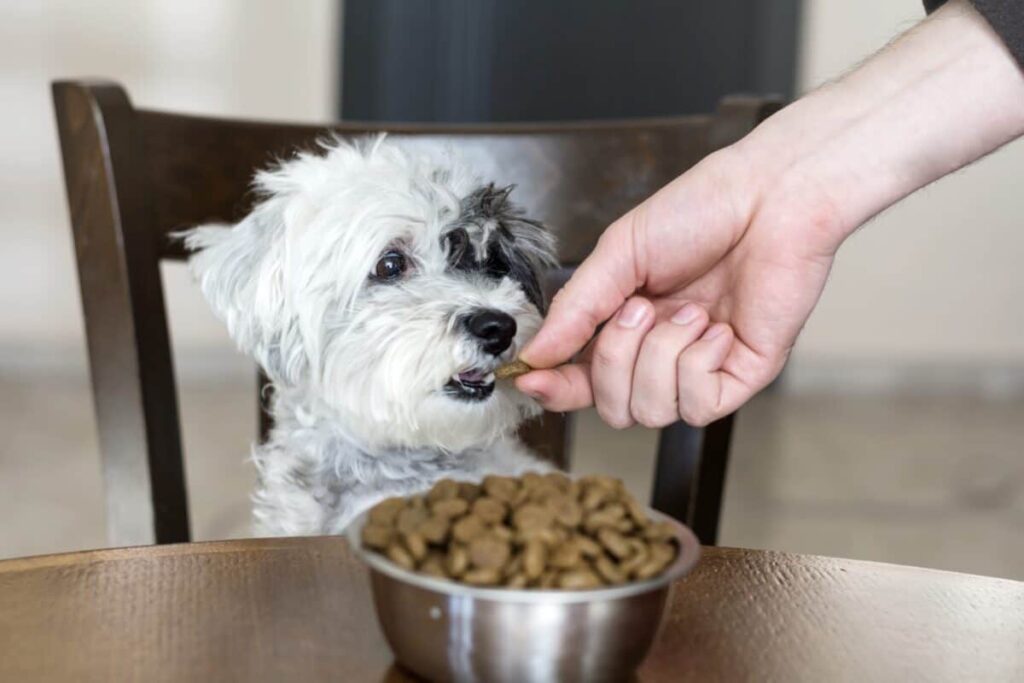
When it comes to selecting the best food for your dog, it is important to choose a high-quality, balanced diet that meets their nutritional needs. Havanese require a diet that is rich in protein, healthy fats, and essential vitamins and minerals. You may want to consider a high-quality dry kibble that is specifically formulated for small breed dogs to support their energy needs. It is important to choose a dog food that does not contain artificial preservatives or fillers as they can be harmful to your dog’s health.
Training for Havanese
To train your dog use positive reinforcement techniques, socialize them from a young age, be consistent in your approach, and incorporate mental stimulation and exercise. Havanese are intelligent and trainable dogs that respond well to praise and treats. Providing regular exercise, socialization, and mental stimulation can help prevent boredom and promote good behavior. Consistency is key when training your dog and patience is essential as it may take time for them to learn and develop good habits.
Conclusion
In conclusion, the Havanese is a lovable and affectionate breed of dog that is well-suited for apartment living. They are known for their silky, long coats and outgoing personalities, and they make great family pets. While Havanese are not known for exhibiting aggressive behavior, it is important to provide proper socialization and training to prevent any potential issues. Choosing a high-quality, balanced diet is also crucial for their overall health and well-being. With their charming personalities and adaptability, Havanese can make wonderful companions for a wide range of households.
